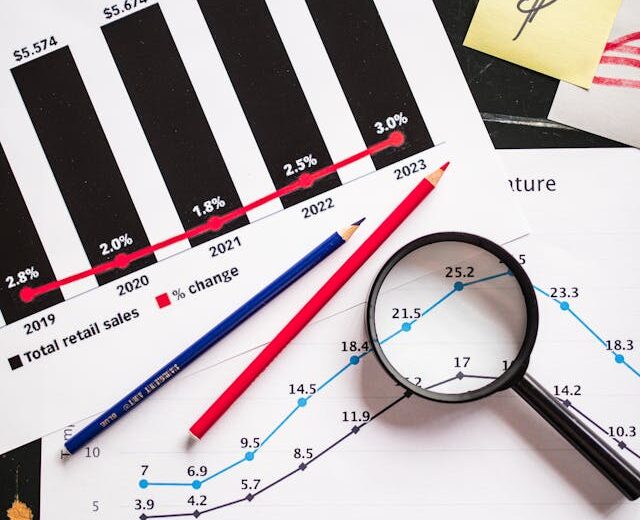“Are you still using intuition to increase growth of your firm? If yes, are you really getting the results?”
That’s the question I throw to the think tanks of industries. To the second part of the question, a larger proportion of answers points to the negative. The traditional way of using the intuition to make business decisions has seen many failures. For example, it was seen that the sales of a particular company was highest during the beginning of a year and low on an average for the rest of the year. The company managers concluded that the group of buyers during the start of the year consisted of their most important customers. But, on the contrary, upon analyzing the data mathematically, it was observed that the people who bought in the month of January-February didn’t buy anything for the rest of the year, while those that consumed for the months of March to December were the ones who were their regular customers. Thus, these regular customers were their most important consumer-group.
Often intuition can lead a firm’s manager to a totally wrong direction and consequently bring doom to the firm. On the other hand, data analytics can show the correct trends and lead to constructive inferences. In an article, Dr. Dakshinamurthy V Kolluru, the President of International School of Engineering, points out that other than “patterns of data crushing down intuition”, analytics also helps in “transforming qualitative data to a quantitative one”. It is always to one’s advantage if “what we say is what we calculate”. Theoretical analysis, coupled with mathematical modeling, creates a concrete conception of the decision we are about to take. It removes the last traces of doubt and imparts a confident approach.
Recently, Vincent Grantville used probability to prove that “In any 2- or 3-dimensional data set with 300+ rows, if the data is quantitative and evenly distributed in a bounded space, you should expect to see a large proportion – above 15% – of data points that have a very close neighbor.” He takes the aid of a picture of the galaxy to say that around 80% stars are arranged in a binary pattern. Intuition will commonly say that there must be some mechanism that forces the stars to be in pairs; while through pure probability computation, Grantville shows that it is perfectly normal to have around 15 % of the stars in pairs. He triumphantly wraps it up by stating that “data science and statistical analysis is superior to intuition”.
However, there are divided opinions on this debate of superiority between intuition and analytics. Some scientists say that big data will never beat human intuition. According to them, analytics is quantifying every single human aspect of the world starting from our well-being, happiness, preferences, emotions to behaviors, expectations, wishes, responses and actions. They argue that everything can’t be measured that easily, because there never is total homogeneity or total rationality working in the economy. Again, some others opine that there should be a balance between analytics and intuition to arrive at the accurate solution to a problem. But, on the pretext of industrial growth and profit-making, one can boldly assert that analytics is the superior one.
To know more on this topic, please write to contact@marketquotient.com.





